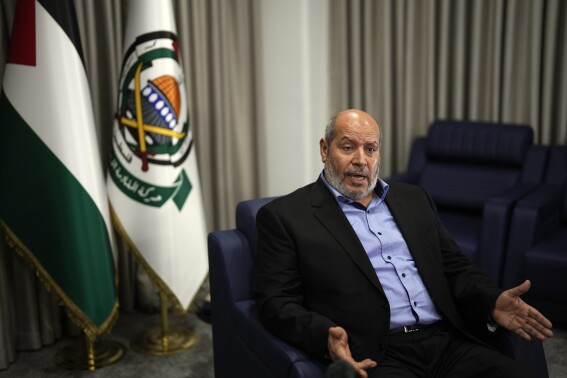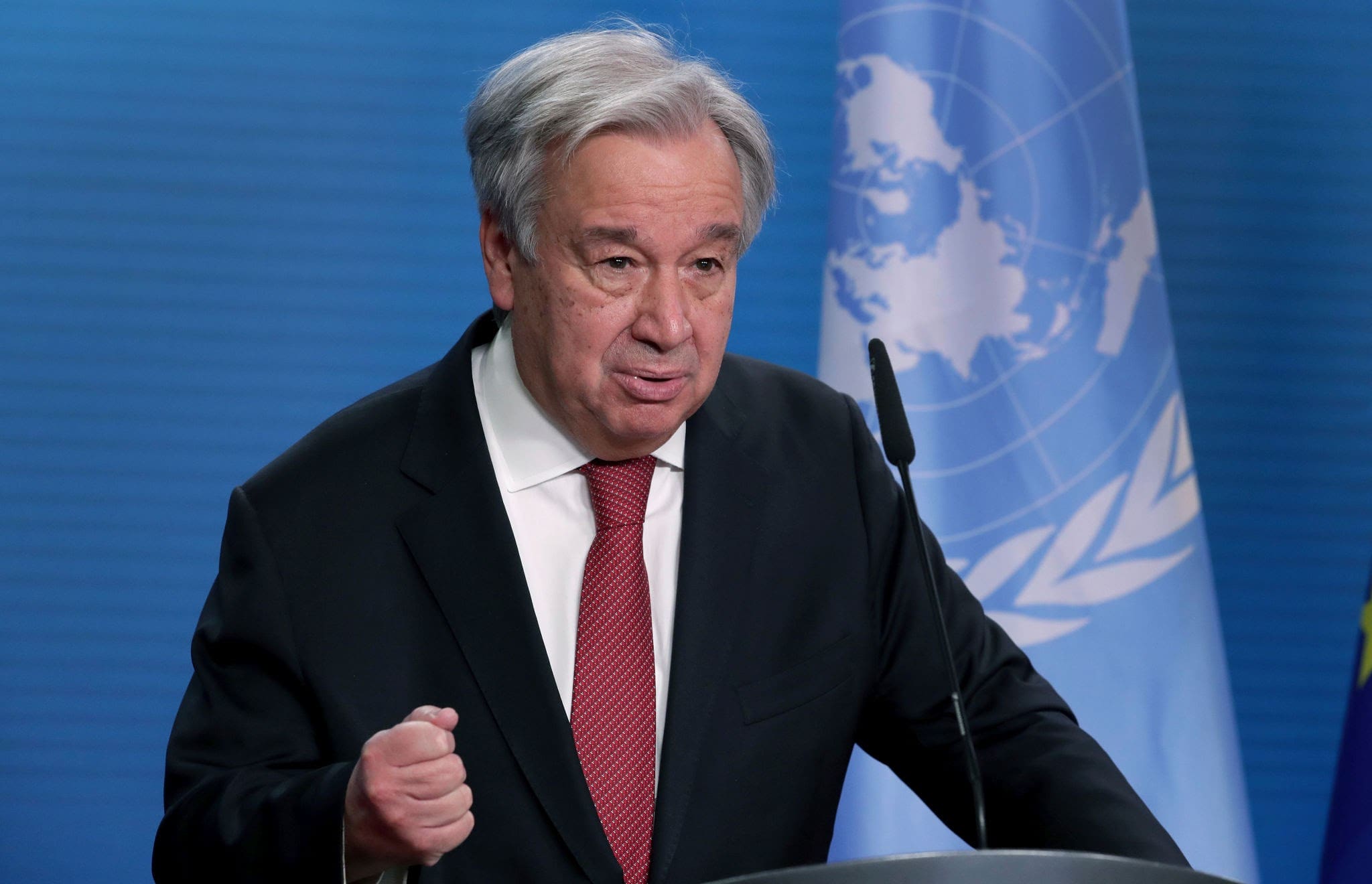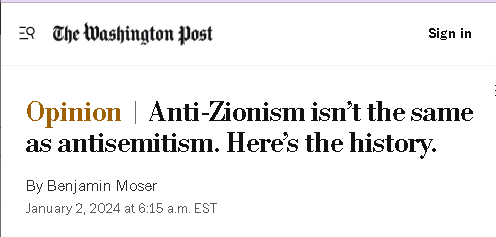
Pro-Palestinian protests worldwide are often labeled antisemitic, but many claim they’re primarily anti-Zionist. These demonstrations typically criticize Israeli policies towards Palestinians, not Jewish people or faith. While some antisemitic incidents occur, most protesters focus on opposing Zionism as a political ideology, not targeting Jews. Many participants, including some Jews, aim to support Palestinian rights rather than express religious prejudice.
This seems to make since, but in reality, things work differently and anti-Semitic actions occur al over the world, for example:


Zionism: Ensuring a Safe Haven for Jews
Do you know the definition to Zionism ? It is important to understand it.
Zionism fundamentally means that Jews are definitely welcome in a place they can call their own. It doesn’t imply that others aren’t welcome; rather, it highlights the importance of having a safe haven for Jews in a world where anti-Semitism is unfortunately still prevalent.
Anti-Zionism: A Veiled Form of Anti-Semitism
Anti-Zionism often masks itself as a legitimate political stance but is, in essence, a form of anti-Semitism. It’s a viewpoint that has been used historically to justify actions and ideologies that closely resemble those of the Nazis.
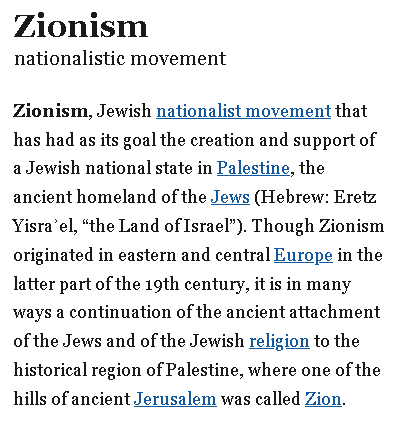
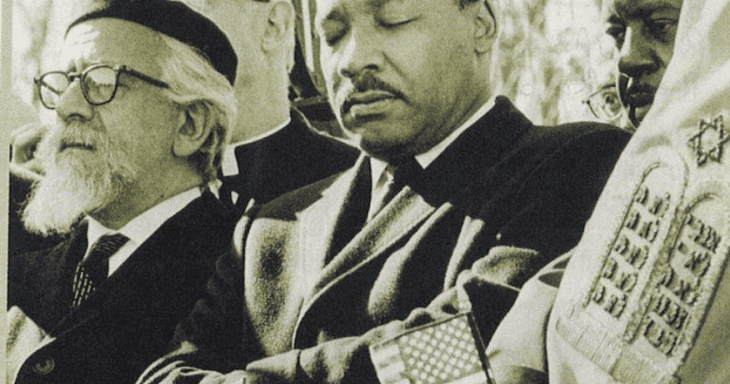
As Martin Luther King Jr. eloquently put it:
“You declare, my friend; that you do not hate the Jews, you are merely ‘anti-Zionist’. . . . And I say, let the truth ring forth from the high mountain tops, let it echo through the valleys of God’s green earth: When people criticize Zionism, they mean Jews. . . . Anti-Semitism, the hatred of the Jewish people, has been and remains a blot on the soul of mankind. In this we are in full agreement. So know also this: anti-Zionist is inherently anti-Semitic, and ever will be so.”

Noor Dahri’s Insight
Noor Dahri, a Pakistani-born Muslim and counterterrorism expert, shares a similar view:
“When Muslims were arguing with me for the last few years that they aren’t against the Jewish community but Zionists, I knew they were lying because when I was anti-Israel and participated in many Al Quds marches in the streets of London, I actually possessed intense hate against the Jews. I know my community very well and now they have proved us correct by chanting not against Zionists but against Jews in the streets of London.”
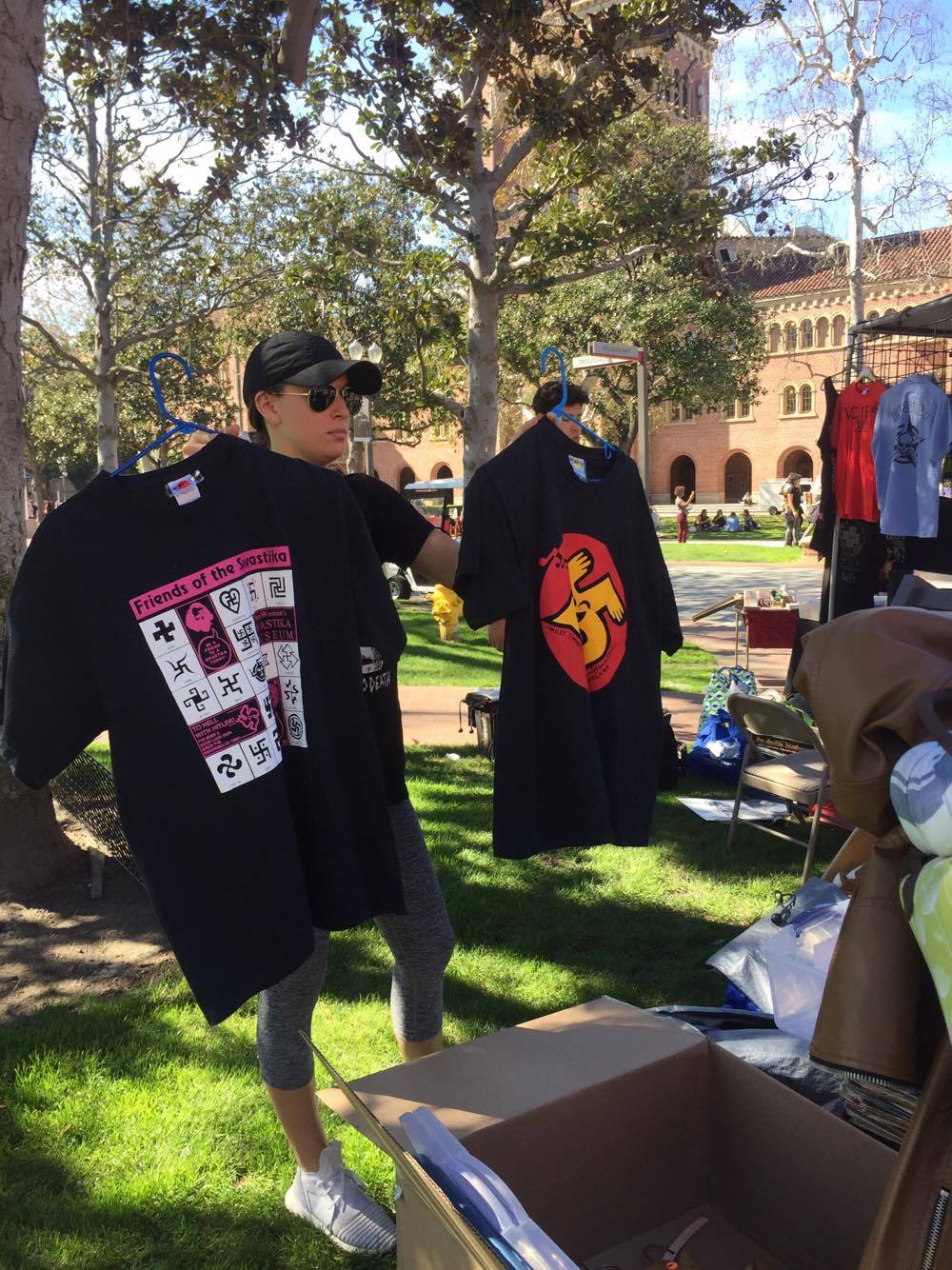
NBC News report findings
An NBC News report delves into the blurred lines between anti-Zionism and anti-Semitism, highlighting several key points:
- Blurred Lines: Anti-Zionism often overlaps with anti-Semitism, especially in recent events. Opposition to Zionism can manifest as hostility towards Jews.
- College Campuses: Antisemitic incidents on college campuses, including threats and the use of symbols like swastikas, demonstrate how anti-Zionism can create a hostile environment for Jewish students.
- Euphoric Reactions: Some anti-Zionist protesters showed disturbing euphoria after the October 7 attacks on Israel by Hamas, indicating underlying antisemitic sentiments.
- Historical Parallels: The current climate is compared to the 1930s, with diverse groups united in their hatred of Jews, reminiscent of the pre-Holocaust period.
- Ideological Basis: Anti-Semitism is not just bigotry but a worldview casting Jews as a conspiratorial “other,” which can underpin anti-Zionist rhetoric and lead to violence and discrimination.
Loay Alshareef Insight:
Loay Alshareef sheds light on the indoctrination of children in Arab society:
- Childhood Indoctrination: Children are taught from a young age to view Jews as evil, ingrained through societal and educational norms.
- Personal Experience: Alshareef’s perspective changed after living with a Jewish family and learning about Jewish history and culture, realizing the biases he had been taught.
- Historical Misconceptions: Many in the Arab world view Jewish presence in Israel as a modern colonial imposition, ignoring historical connections.
- Impact of Education: He emphasizes the importance of accurate education in dispelling myths and promoting understanding.
- Role of Propaganda: Political motives drive negative portrayals of Jews and Israel, using the Palestinian cause to perpetuate false narratives.
Alshareef’s insights underscore the harm of indoctrination and the necessity of factual education to foster understanding and counter deep-rooted prejudices.
Ensuring that Zionism is understood as a movement for Jewish safety and combating the disguised anti-Semitism of anti-Zionism is crucial for fostering a more tolerant and informed society.

